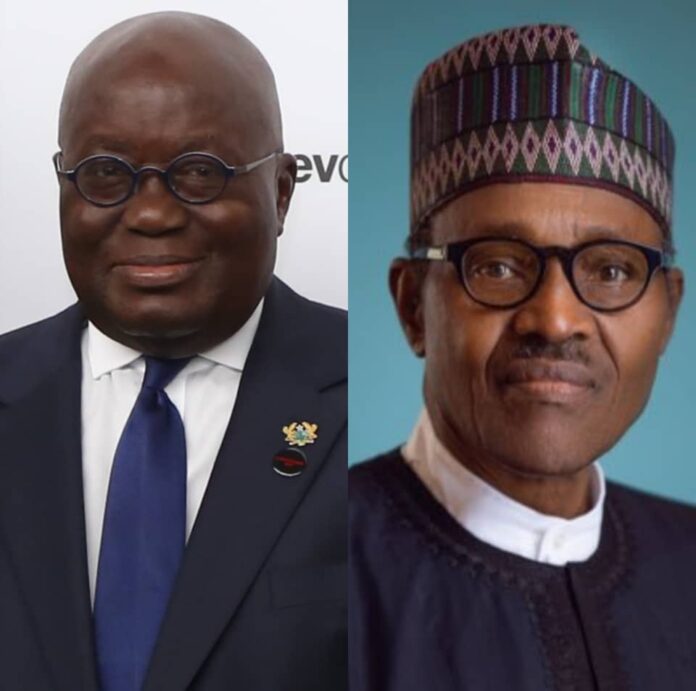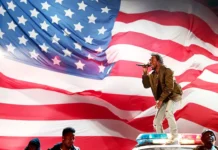Another round of ‘retail trade war’ is now brewing between Nigerian traders and their Ghanaian counterparts over the legal status of traders that should operate at the retail market located at Kwame Nkrumah Interchange (Circle) in Ghana.
While Nigerians under the aegies of the Nigerian Union of Traders Association Ghana (NUTAG) expressed shock at the Ministry of Trade and Industry for locking up nearly 50 shops of its members in Accra on Thursday under what it described as questionable circumstances, the Ghana Union of Traders Association (GUTA) claimed that majority of foreign retailers in the country do not have permits to engage in retailing.
But, NUTAG President, Chukwuemeka Nnaji, said his members have the right documentation to operate in the retail market and they also comply with the taxes they are expected to pay.
Nnaji, in an interview, said the Nigerian traders were not treated fairly, even with their official and legal documentations to support their business operations in Ghana.
According to him, “We got a notice that a Ghanaian committee will come to inspect the documentations of the Nigerian traders. We alerted all our members to get ready for the inspection.
“The Ghanaian Task Force began the inspection at Abossey Okai and arrived at Kwame Nkrumah Interchange (Circle) on Thursday.
“But we were shocked to see the task force forcefully try to lock up our shops even though we have the right documents to operate in Ghana.”
It’s alleged that Ghanaian traders have been mounting pressure on their Nigerian counterparts to pay more for their business operations in Ghana.
The Nigerian traders were initially asked to pay a sum of $300,000 to register for retail trade in Ghana, which runs contrary to the treaty of the Economic Community of West African States (ECOWAS). For them to remain in business, the traders rallied round themselves and put resources together to get a group licence with which they were able to secure different shop outlets.
The latest information alleged that Ghanaian government is now demanding for a sum of $1 million to be paid by the Nigerian traders in order to remain in business.
It would be recalled that GUTA had been accusing majority of foreign retailers in Ghana of not having permits to engage in retailing.
Relying on the GIPC Act, 2013 (865), GUTA argued that the law spells out the terms and conditions under which foreigners can engage in retailing in Ghana.
The law bars the “sale of goods or provision of services in a market, petty trading or hawking or selling of goods in a stall at any place” by foreigners.
GUTA recently warned Ghanaian government of an impending massive job losses in the retail market if proposals to review restrictions in that space are allowed.
In November 2019, GUTA closed about 600 shops owned by foreigners, mainly Nigerians, relying on the GIPC Act.
The shops were reopened after months of closure. In order to address all the grey areas, a Presidential Committee on Foreign Retail Trade was instituted in February 2020.
Speaking on the matter on February 4, 2020, a representative of the Minster of Trade, Ntim Odonkor, said: “The issue of foreigners taking over trading activities reserved for Ghanaians which has been your concern sometime has also come to the notice of government.
“As directed by his Excellency, a technical sub-committee has been put together to ensure the implementation of the president’s directives on this matter.
“Secondly, parliament has charged its subsidiary committee on Trade, Industry to study and make recommendations in a by-partisan manner with a view to finding a sustainable solution to this issue.”
It’s not cleared if the the Ghanaian Task Force is implementing the modified directives of Mr. President (Nana Akufo-Addo) or fresh recommendations by the subsidiary committee on trade and industry in the parliament.
Video:
By Idowu Sowunmi






